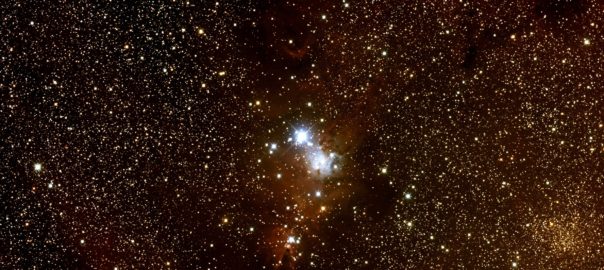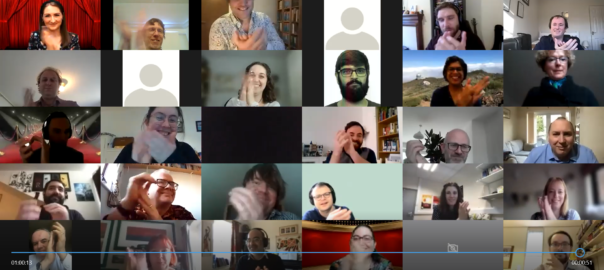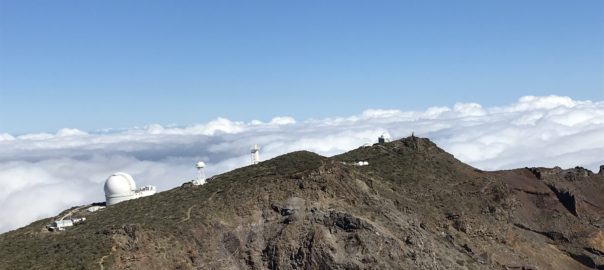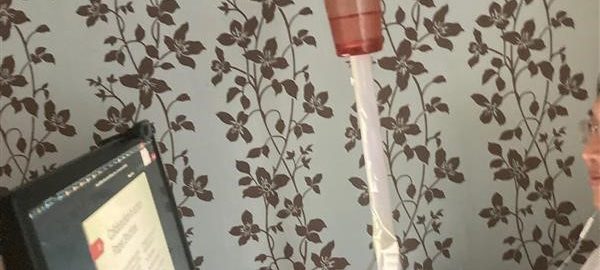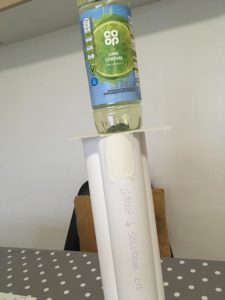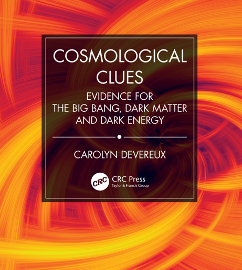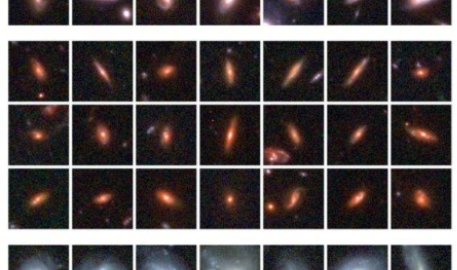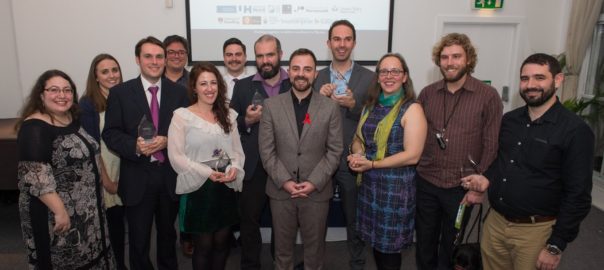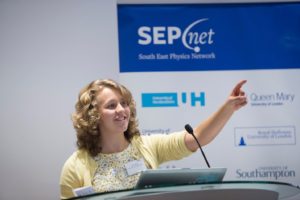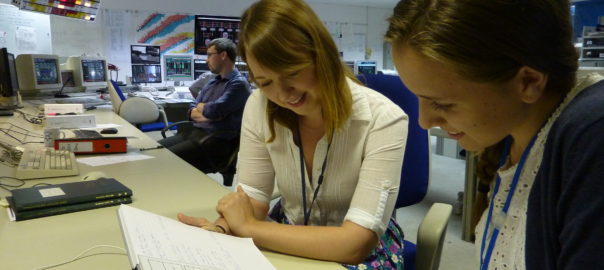13-14 April 2021: Novel Ideas in HEP: From Theory to Detector
In July 2020 my team and I were given the opportunity by SEPnet to organise a student-led conference and design the programme. We were excited to do this as it was a unique opportunity to make a student conference our own. Armed with advice from the organisers of last year’s online student-led conference and the support of GRADnet we were able to handle the practicalities of organising an online conference during the COVID-19 pandemic.
With regular meetings with Cristobel Soares, the Graduate Network Manager, who handled the logistics of the conference, we were able to focus on the scientific aspect as well as deciding how best to hold the conference online.
As lead organiser for our conference I worked closely with Julien Camard the lead organiser of the parallel conference: ‘Optics and photonics for scientific progress’. We had regular catch ups with our teams to discuss how best to produce joint sessions such as an opportunity for attendees to learn about post-PhD career options both in and out of academia as well as a joint poster session. In this latter session we used the software ‘GatherTown’ to hold an online meet and greet where we could discuss attendees’ posters and the conference at large – a unique setting for a unique time.
Organising the conference was a team effort and couldn’t have happened, let alone be as enjoyable as it was, without the other members of the organising team; Ciara Byers (University of Southampton), Arran Freegard (Queen Mary University of London), Billy Ford (University of Southampton), Ross Glew (University of Southampton) and Charlie Woodward (University of Southampton). Together we overcame the challenges of organising an online conference and how to make it interactive and informative.
Thank you to all the invited speakers, including Professor Daniel Litim (University of Sussex), Professor Carlos Nunez (Swansea University), Dr Vera Guelpers (University of Edinburgh), Dr Stefan Prestal (Lund University), Professor Veronica Sanz (University of Sussex), Dr Ian Tomalin (Rutherford Appleton Laboratory) and Dr Sadie Jones (University of Southampton) as well as our student speakers, poster presenters and attendees for making the conference a success. Thank you to Professor Stefano Moretti (University of Southampton) for his invaluable support.
I would recommend organising a student-led conference because it is an opportunity to practise transferrable skills in a scientific context such as working in a large collaboration, public speaking and chairing, organising/recruiting people and many others. My team and I have shared experiences we wouldn’t have expected when we first started our PhDs, experiences which I anticipate will be invaluable going forward in our careers and set us apart from the crowd.
The conference went very well and as you can see from the feedback below the participants enjoyed it too!
“The talks were a good length and there was a good structure to the conference”
“There was a very broad range of talks but each was introduced very well and pedagogically by the invited speakers”
“I most enjoyed some talks which were not so related to my research, which is a good indication that they were aimed at the perfect level of complexity”
Article by Alex Mitchell-Lister, University of Southampton

